Why do we sometimes manage to lose weight successfully, and then end up putting on those same 10lb again? Or why can some of us do Dry January, but then end up back at wine o’clock every day?
I guess the question we want to ask is – what is the secret to creating long lasting change when it comes to the habits we want to transform?
The answer all lies in our associations. What do we associate with pleasure and what do we associate with pain?
The Power of Focus

If you’ve ever lost weight or given up smoking or alcohol, it’s clear you know how to get a result when you put your mind to it. You know how you got the job done.
Whilst you were working on your goal (whatever that was), your focus was all around THAT goal – to move you AWAY from the pain you experience being overweight or out of shape, or unable to fit in to your clothes. A wedding day is the perfect example!
The pain of imagining not fitting in to your wedding dress is a pretty good motivator. As is the pleasure of all those lovely compliments you’ll receive on the big day. All of a sudden you have a lot of leverage you can use to get the job done.
You associated pleasure with reaching your weight loss goal, and pain to not achieving it.
Unfortunately when you attained your goal weight (or near to it), the pressure was then off (or the pain of being overweight goes away). When the pressure is off (the pain has dissipated), your motivation lowers or disappears all together.
Ever known a bride who regained all the weight she lost before the wedding (and possibly even more)? It’s super common. That’s because all of a sudden the pressure was ‘off’, and because the pleasure was ALL associated to the wedding day / honeymoon – one event – after that was over, they simply went back to how they were before.
The Pain Pleasure Principle
One of my favourite coaches is the life-changing Anthony Robbins, who made me aware of the Pain-Pleasure Principle a long time ago when I started investing in his programmes in my early twenties.
When it comes to motivation most people are looking to avoid pain (i.e. not fitting in to the wedding dress on the big day) and on gaining pleasure (looking fabulous as a bride).
Maintaining motivation and creating long lasting change is all about our associations to pain and pleasure. You can ‘put yourself through’ the pain of a strict diet for a short amount of time, in order to get results if you have associated a lot of pain to not getting the result, and pleasure to success in achieving it. However it simply isn’t sustainable once that initial pressure (the pain of feeling stuck with something you’re not happy with) subsides.
Understanding and being conscious of what gives you pain and pleasure in relation to your goals, is essential to moving the needle towards a happier, healthier version of you. You have to look at finding more pleasure and less pain in the PROCESS and JOURNEY rather than fix all the focus on the goal itself, otherwise it will never last.

COMMON ASSOCIATIONS
For people who struggle to maintain weight loss results for example, these are some common associations: –
- Exercise = short term pain / long term pleasure
- Eating Chocolate = short-term pleasure / long-term pain
- TV instead of going to the gym = short term pleasure
- Eating salad (rather than something else) = short term pain
- Attending a gym = short term pain
- Being overweight = long term pain
- Trying on jeans = short term pain
So you can see in this person, there is a lot of conflict. They know what they ‘should’ be doing, but it all feels too painful, therefore they opt out in favour of short term pleasure (or the avoidance of short term pain).
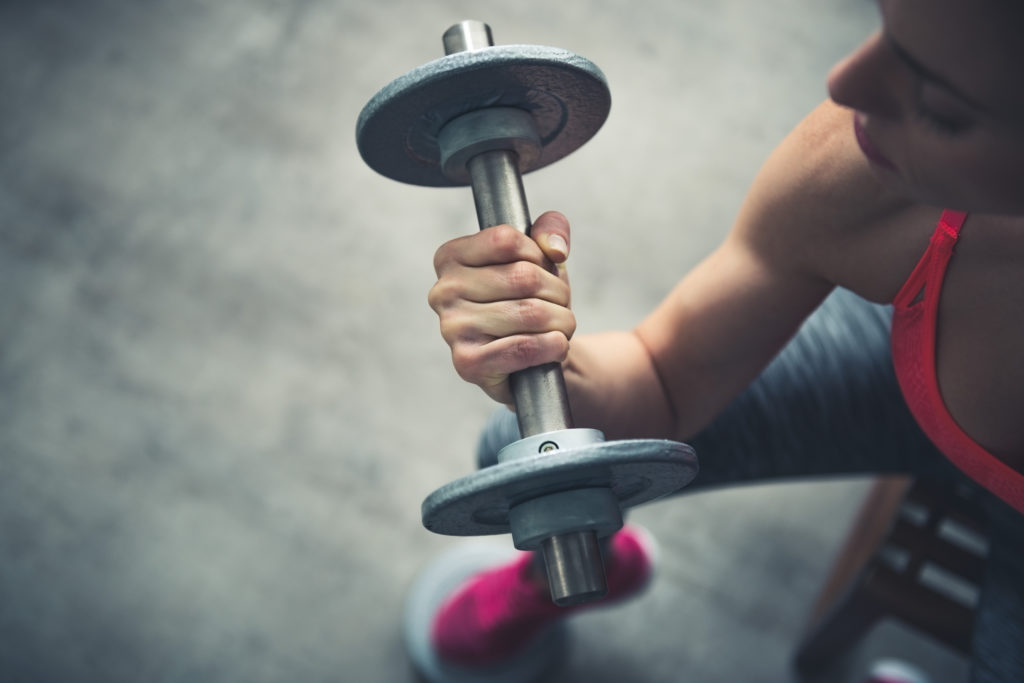
Timing is Everything.
The closer something is to the moment, the more we associate pain or pleasure to it, and the more will power is required. In other words, our feelings become more intense about something, the nearer we get to having to do it.
For example getting out of bed in winter at 6am and getting dressed to go to a bootcamp or get to a gym feels more painful, than the regret you MAY feel tomorrow at not going.
The pain of being the same weight / shape in a year from now, is absolutely far less motivating than the pain from putting a bikini on in Mexico in 6 weeks time. That’s usually how people find that the last 6 weeks before a holiday they are on a diet. In reality a summer body should start in the winter but the pain isn’t real enough that far in advance. So if you’re wondering how every year you seem to leave it until last minute to ‘get in shape for your holidays’, this is why.
People want to avoid instant pain and gain instant pleasure in the moment. Even if they know it will cause then great pain further down the line! For example, skipping the gym to stay in bed for an extra half an hour.
Building Will Power
Will power is all about resisting the urge for immediate pleasure (eating the doughnut) and avoiding immediate pain (refusing the doughnut). The will power muscle is therefore built right in those moments where we are in the process of deciding to go forward, or retreat back in to our comfort zone. Will power is built in the moments we make our decisions.
Immediate pleasure is much more motivating that avoiding long term pain. For example, it’s dark and snowing outside at 8pm and I still need to get changed in to my workout gear and head out in to the cold to a bootcamp class outside. OR….pop my pyjamas on, make a hot chocolate and watch TV.
Studies have demonstrated time and time again that people will do much more to avoid short term pain than they will to gain pleasure.
When people DECIDE to lose weight they are focussed on the outcome they want (long term pleasure) and are experiencing immediate pain, every time they button up their jeans, or see a mirror, or run in the park with their kids and feel that they are ‘out of shape’.
This motivates them to take action to lose weight, in order to get away from the pain!
Two things then happen.
They either channel courage, discipline and make their goal a priority and do-able long term. They push through the barrier.
Or they never get started.

Most people CAN get started. They can make some moves to create change. Some can even get results for example, sticking to a crazy strict diet for a few weeks or months to lose a stone for a wedding. You’ll find that MOST people can do this.
So what is different about people who create long-lasting change?
They go in to the process with a different mindset. They realise this isn’t a short term fix, and instead are looking to change and adapt how they live and who they are. It isn’t ALL about the results. It’s about who they want to become. They’re associating themselves with a new identity. One which doesn’t engage in the behaviours that frustrate them so much.
The reality is that after 4 or 5 weeks of challenging yourself out of your comfort zone for example by not drinking alcohol, or going on a strict diet, there will come a point where you get tired. When you don’t feel like it. You may find you’ve gotten results. You’ve lost a stone. The goal no longer feels as urgent or as much of a priority. They start to have the odd treat, or the odd drink, and within two weeks, most of the good habits have subsided, and they are back where they started.
This is known as yo-yo dieting, falling off the wagon, relapsing. It’s unbelievably common and we all do it. However if you have spent years in this cycle, going around and around putting weight on, and losing it, on and off, on and off … it’s because you still haven’t found more pleasure in the good habits as a way of life.
It’s still about the goal (being a certain size) rather than the journey and who will be become by doing it. You have to find more pleasure in the process.
Hate Dieting?
Nobody likes being on a diet. Diets make women hangry….. or cry…. or both!
Dieting (or depriving yourself) feels PAINFUL.
However if you decide that rather than a restrictive diet, you want to eat in a way that nourishes you, that fuels you, that inspires others, that makes you feel more vibrant and alive, to eat in a way that makes your skin glow, hair shine and sets an amazing example for your friends, family and children – it creates a very different association. It creates a different WHY.
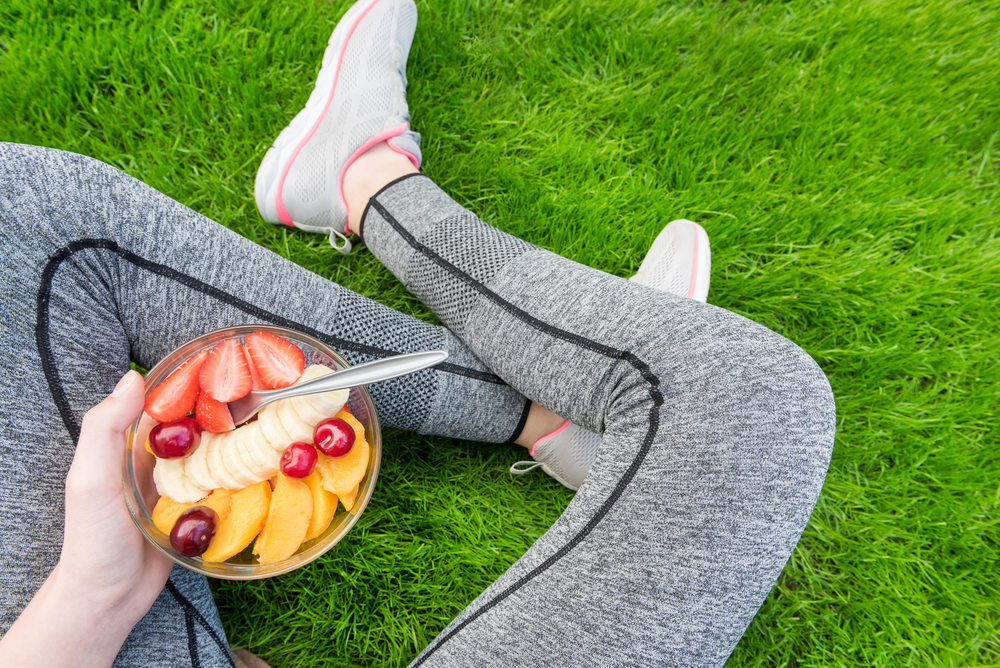
Diets = Feel painful
Fuel & Nourishment = Feels nurturing
Feeding our bodies with the correct nutrition is ESSENTIAL to results. It’s 80% of a good body.
Forget dieting. Start FUELING your body for the day. Just seeing it in this light makes it feel better already.
If you love to eat chocolate every day, you need to find a way to associate so much pain to eating too much of it every day (which often feels like something you can’t control) and start seeing it as an occasional indulgence and pleasure you look forward to and relish. Not just something you ‘do’ because it’s habit.
To decrease the urge, imagine what you’d need to do to that chocolate (or whatever your weakness is) to make it disgusting to you. Possibly add some tinned tuna on the top. Sprinkle it with frog-spawn. Add some tomato ketchup. Imagine the fat of that chocolate biscuit gathering in the fat cells on your tummy and making them expand with every bite. Make it painful.
On the other hand, hate drinking green juice? Imagine it cleaning your body so your body is practically sparkling. Envisage your skin smooth and soft and youthful and the bundles of energy you’ll have after drinking it. The compliments you’ll get from perfect strangers on your glowing skin. And in addition, make it taste good!! Add pineapple and apples to spinach and cucumber. Buy a beautiful cocktail glass and savour it whilst you read your favourite book each morning. Create beauty, peace, happiness and joy around that moment. Make it about YOU, so it becomes a ritual you look forward to knowing that it fills you up.
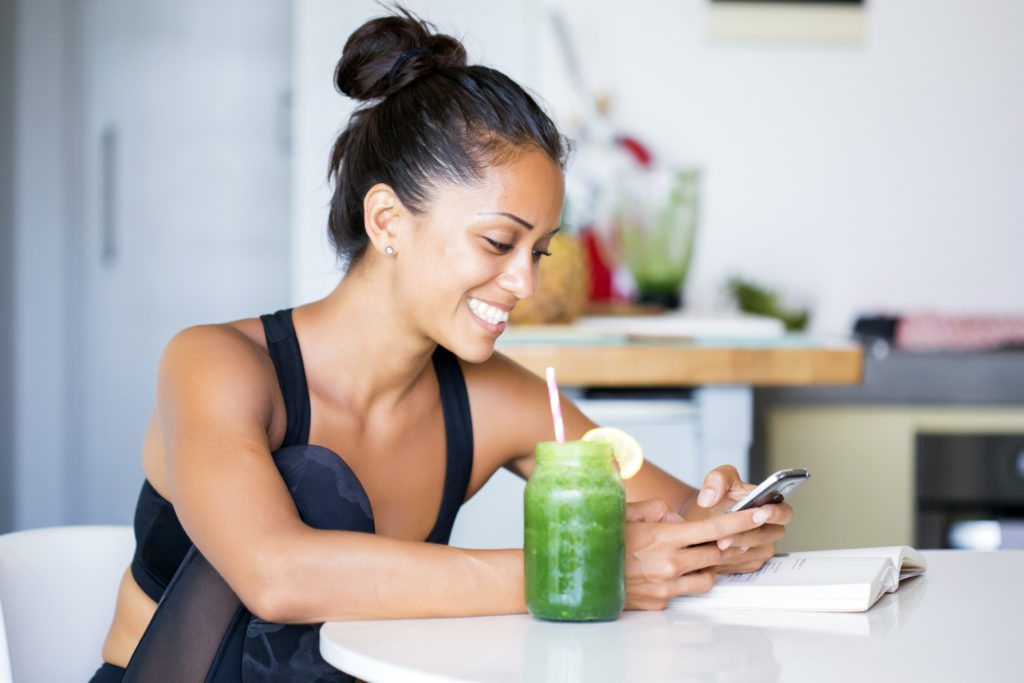
Focus
Here are some questions I use to focus myself when temptation to give up or give in is in front of me.
- How will I feel after I’ve done it? Both mentally, emotionally and physcially?
- Will this expand my energy, or shrink it?
- Will I regret this?
- Am I taking the actions of the person I am now, or the person I want to become?
- What do I really want to achieve? Will this help me?
- Is this moving me towards or away from my goals and the person I want to be?
- Am I ok with settling for an ok version of me, or do I want to be truly brilliant?
- Am I willing to do what it takes for my goal?
- Do I want to be the strong person who went to work out anyway; or the weak person who gave up and watched TV?
Or my personal favourite. I think of someone I REALLY admire. So for example Gal Gadot (Wonder Woman) who looks strong, healthy and toned. I ask myself in that moment of weakness….”What would Gal do?”
It’s a really quick one to snap yourself out of bad habits.
Word of the Year
The other strategy I have loved for years is to have a ‘word of the year’.
In 2016 and 2017 when I felt unfit, overweight and depressed I desperately wanted to feel ‘strong’. This was my word of the year. It provoked an emotional response deep within me every time I said it. It was a way to focus me when I felt like I wanted to indulge in being weak.
This year my word is ‘courageous’.

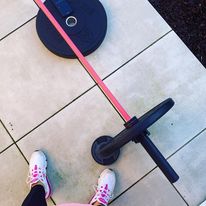
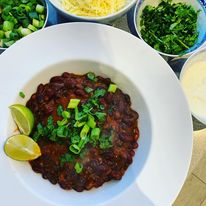
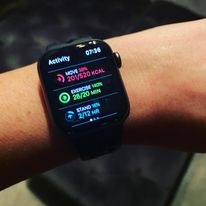
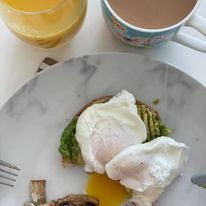
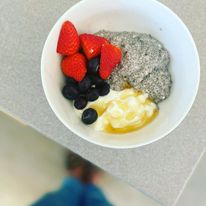
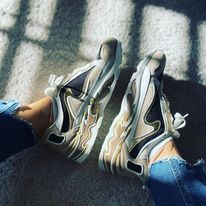
As Long as You Let Short Term Pleasure Win, You’ll Never Change.
So to wrap up what is the solution? You need to develop more pleasurable feelings with the things you know are good for you now and in the long run.
If you hate working out, you need to find ways to create more movement that are fun! For example find an exercise you love, involve a friend, make it competitive, create a blog to share your progress and inspire others, create playlists to boost your mood, design Pinterest boards with inspiring pictures and visions of how you want to look, and create ‘reward systems’ for yourself along the way. These are some possible suggestions.
Tony Robbins says that we all have six human needs:-
- Security – the need for certainty and the feeling of security / safety
- Variety – the need for adventure and change
- Connection – the need for connection with others
- Significance – the need to be seen, heard and recognised as important
- Growth – the need to keep developing and moving forward
- Contribution – the need to give to others
The more needs we meet (either positively or negatively) through a behaviour, the more likely it is to stick. So when I am either actively trying to change a behaviour or figure out why I’m stuck in it I evaluate it in light of what the behaviour gives me in relation to my six human needs.
So for example if you are trying to lose weight or get fit you could try the following:-
Certainty – try committing to a weekly routine, planning it in the diary and committing to someone else who will call you out if you don’t show up. Make sure you have a diet full of foods you know you’ll love and look forward to. PLUS measure your results so you are certain you are getting results.
Variety – mix up your routines, use different equipment, methods, workouts or environments. Make sure your diet is full of fun and variety so you don’t get bored. Try different cook books and recipes.
Connection – workout with a friend, join a healthy cooking class with your husband, or join a bootcamp to fulfill your need for connection to others. It’s especially powerful if they do have a tool like an FB page as this intensifies the daily connection.
Significance – find ways of how your efforts with your health, nutrition and exercise program can inspire and motivate others and make you an inspiration, rather than a victim who people should pity because you ‘can’t’ lose weight.
Growth – measure your results! Not just your weight and measurements, but also your mood, motivation, fitness, results. Keep a journal and look back to see how far you’ve come. Take before photos and then monthly weigh in photos to stay on track.
Contribution – Give back to others by sharing your experience and what you have learned. Motivate fellow class members when you’re working out, contribute with your favourite healthy recipes on FB pages.
The pain / pleasure thing is a tough one to crack – but even just understanding the principle can go a long way to really open up your eyes to why you feel like you can’t make progress in certain areas of your life AND then help you to find ways to remedy that.
I hope it helps you, as it has helped me.
For more information about how to fall in love with exercise, check out my chat on The Best Self Podcast with Nicky Hegarty – a Fitness Instructor who runs ladies boot camps (which helped me to fall in love with exercise again.) We chat about how our attitude to exercise has changed as we’ve grown older, had kids and priorities have shifted, and what we do ourselves when we find ourselves in a funk.
Nicky’s years of experience working with hundreds of ladies of all shapes and sizes (many of whom come to her hating the thought of exercise, or feeling positively intimidated by working out) has meant she has a wealth of experience in understanding the hurdles we face – from time and priorities to perimenopause, menopause, to sticking to good nutrition when you have a young family. You can listen here.

Comments +